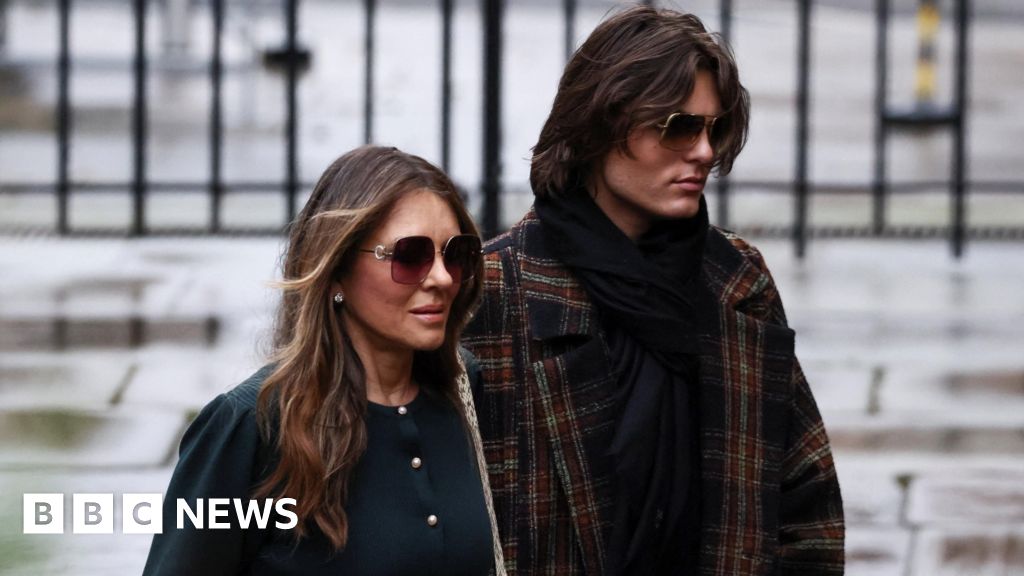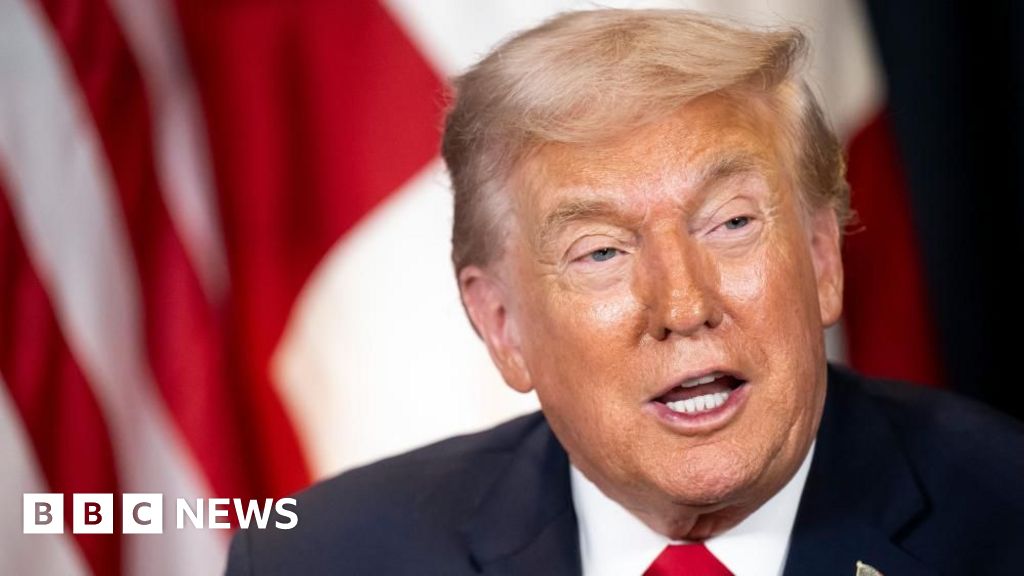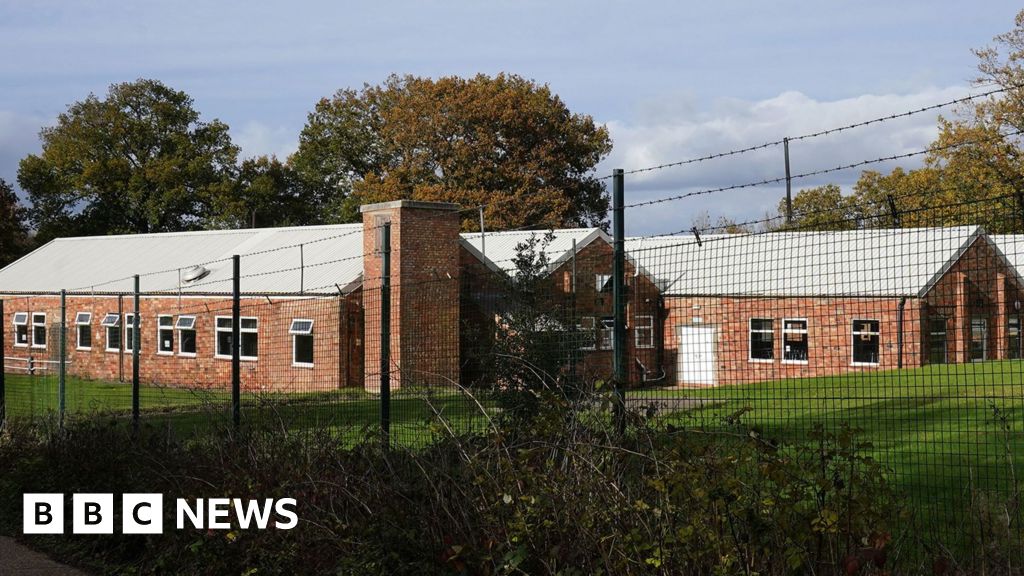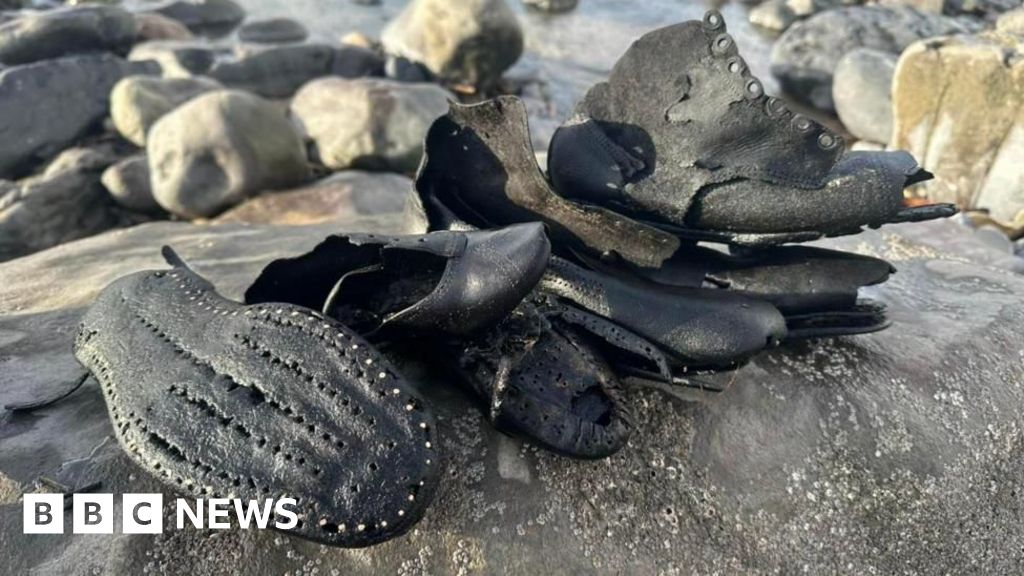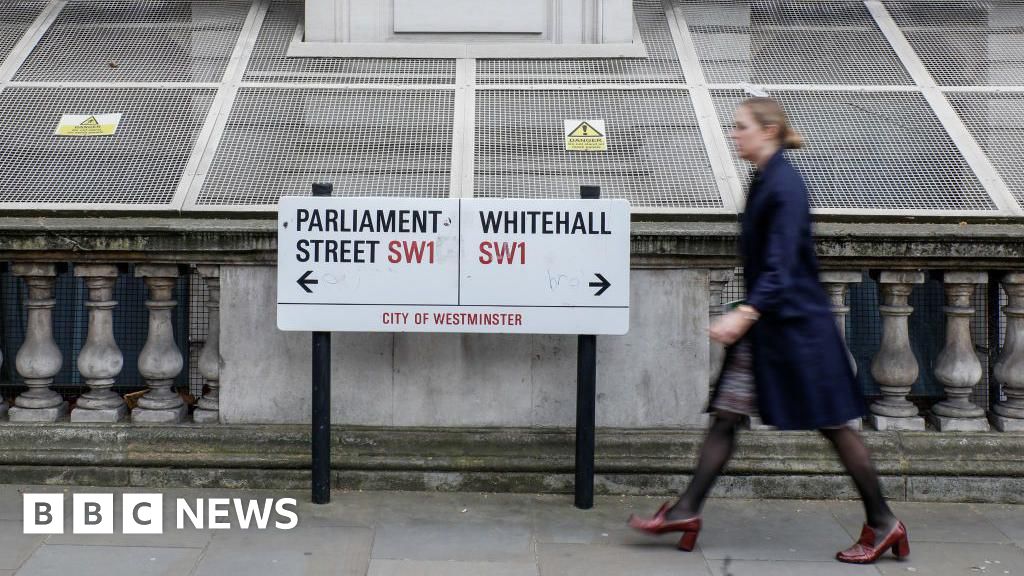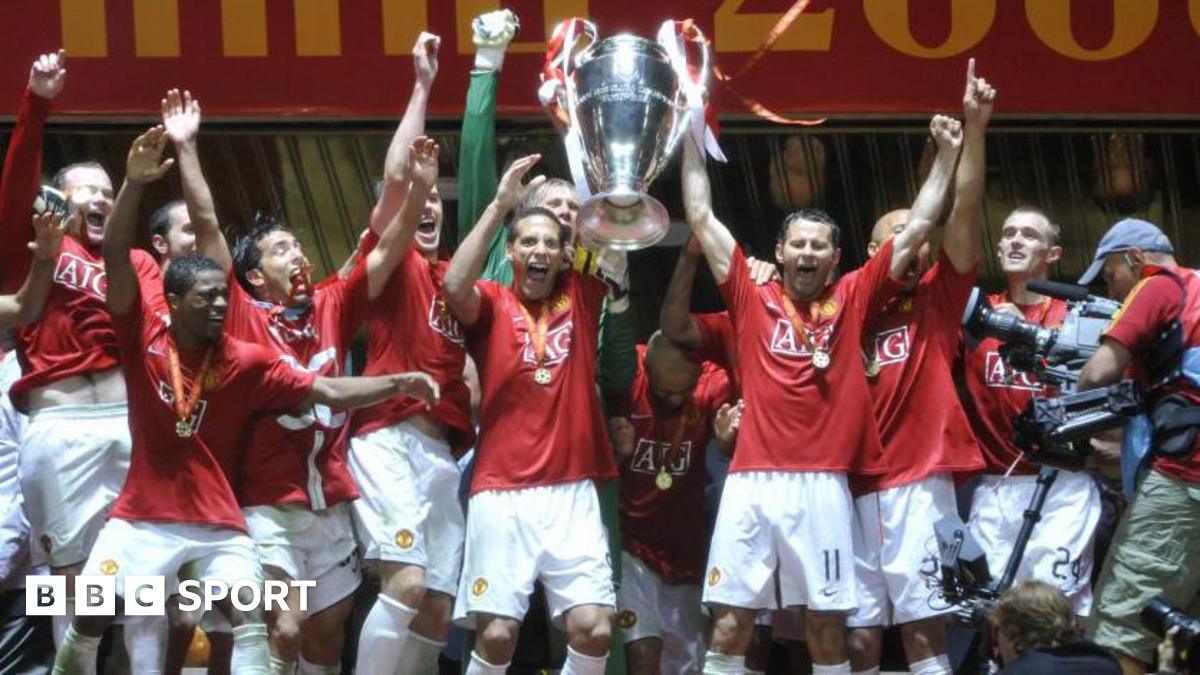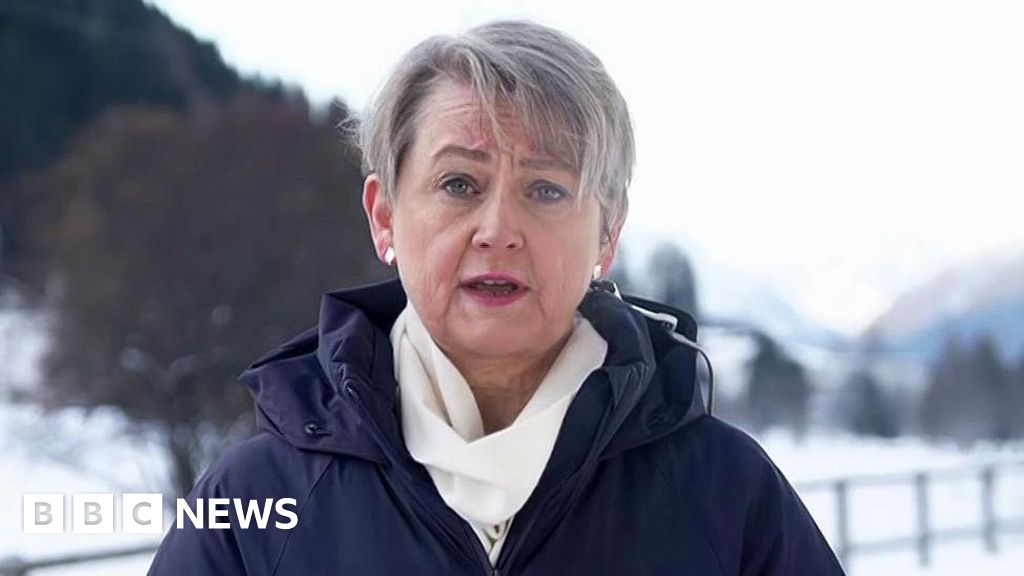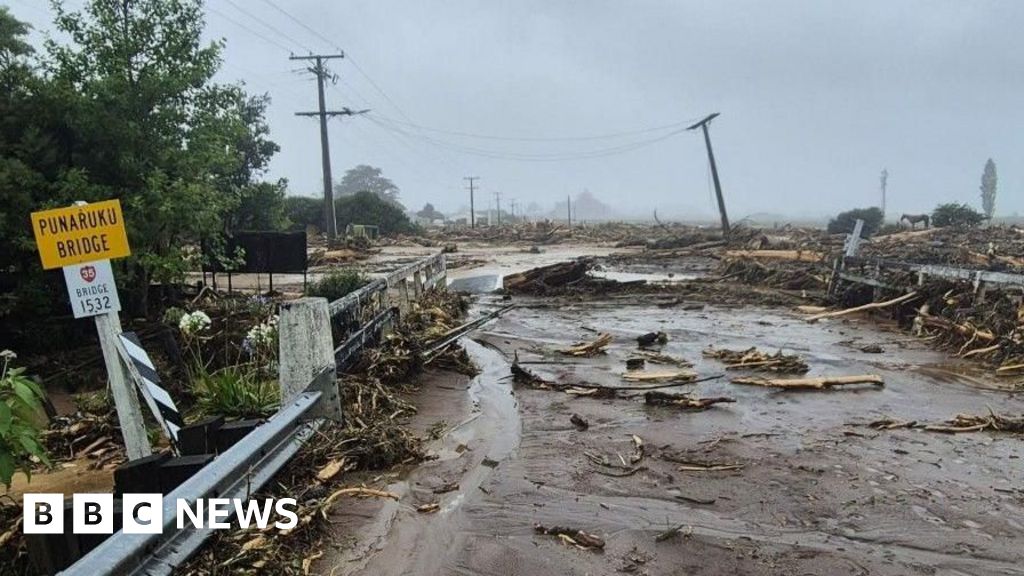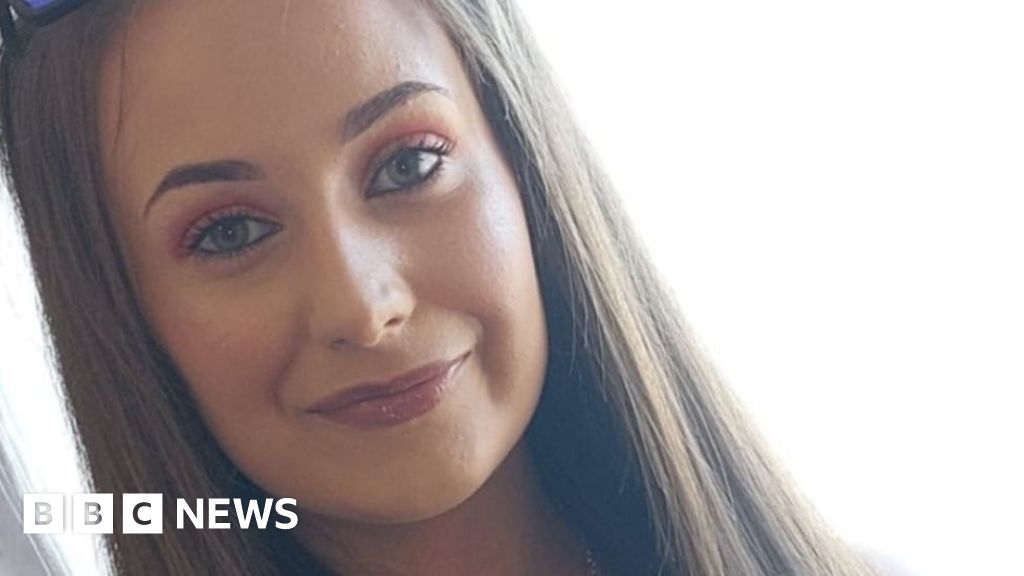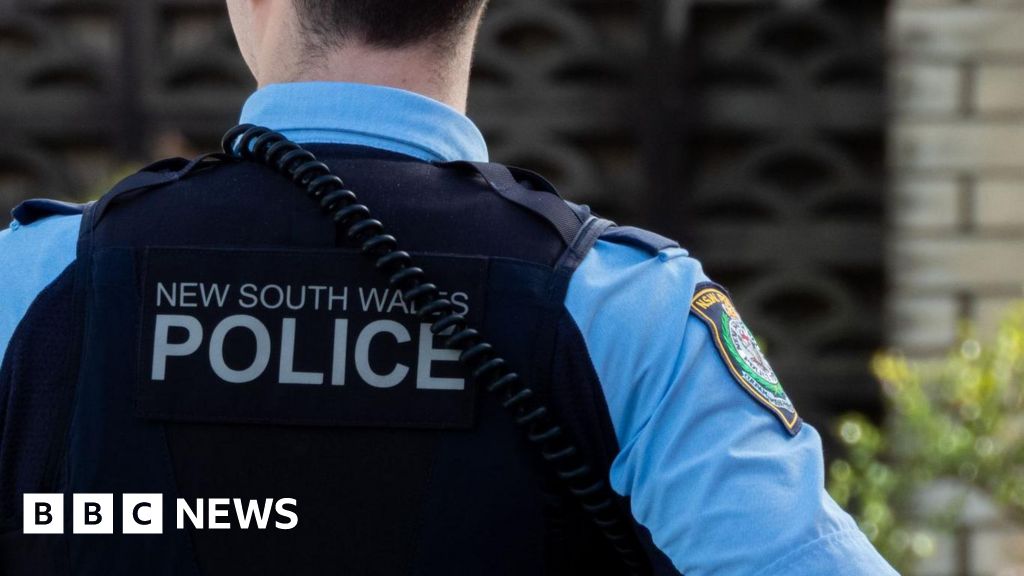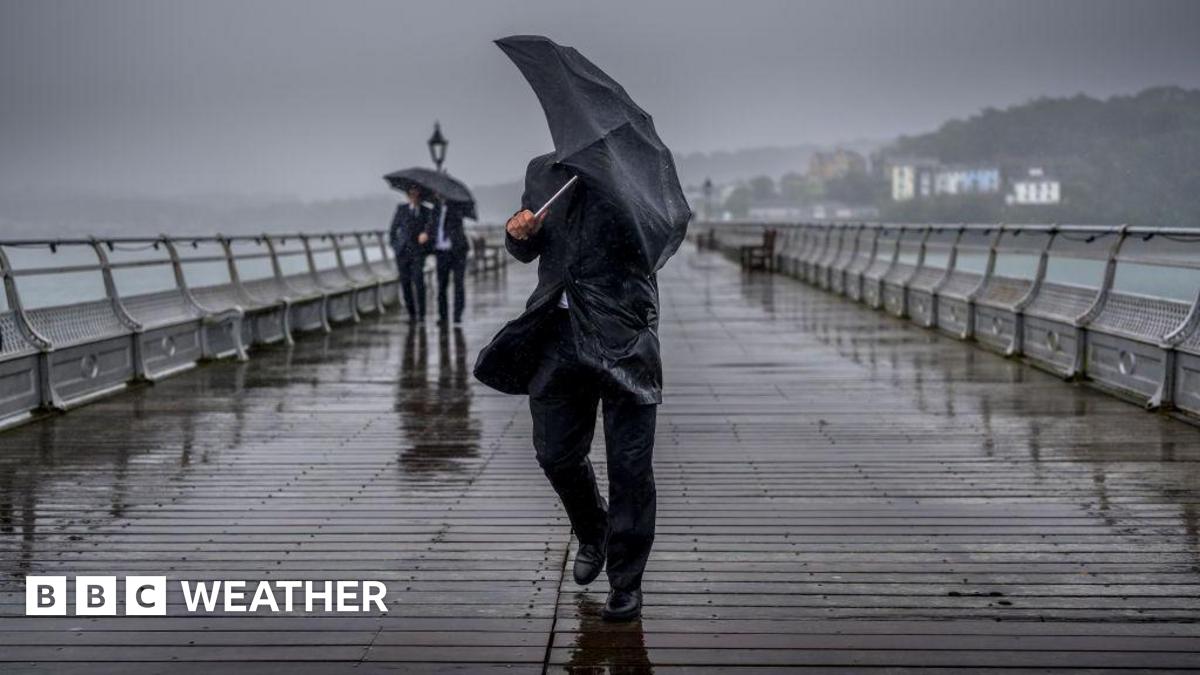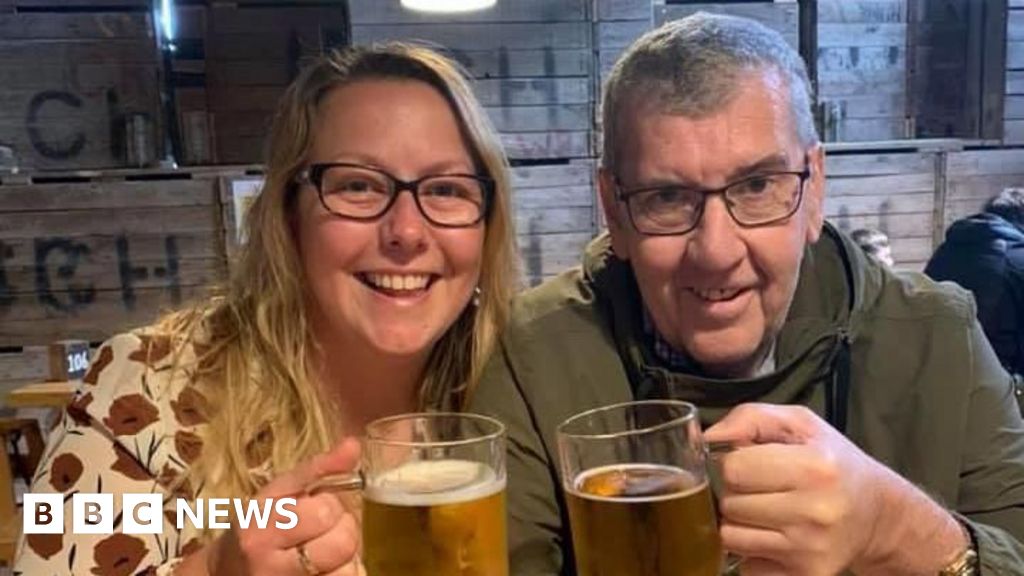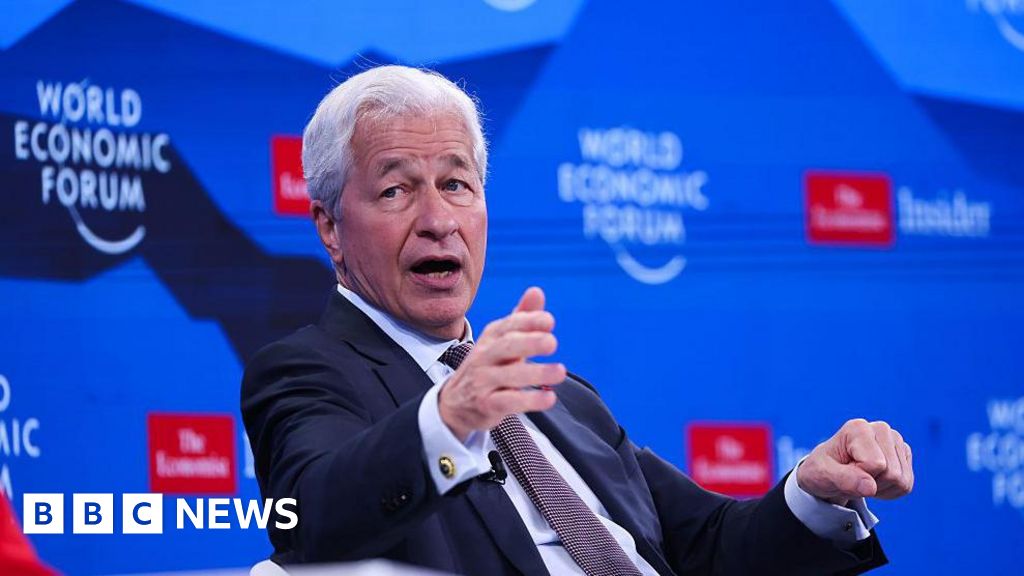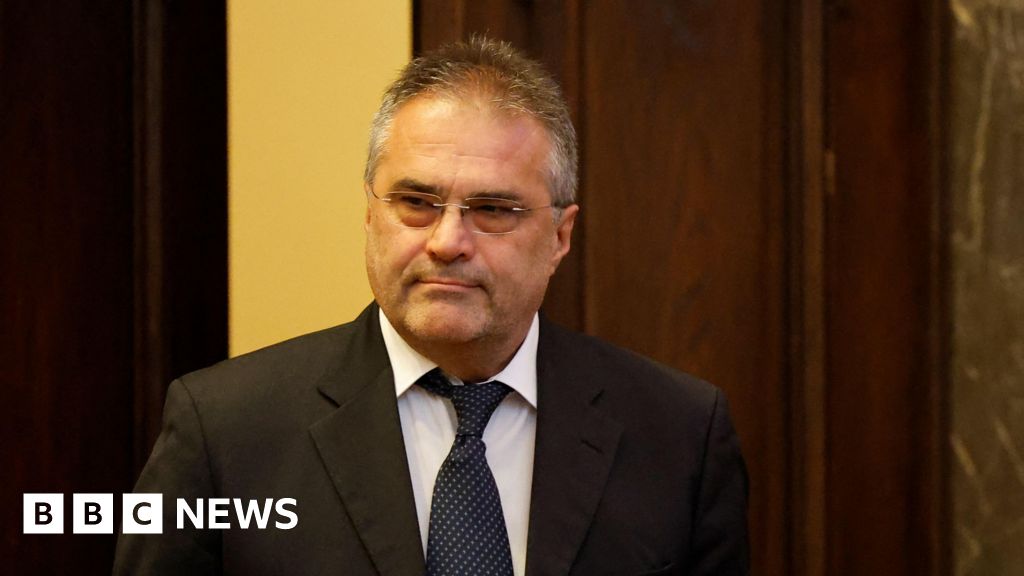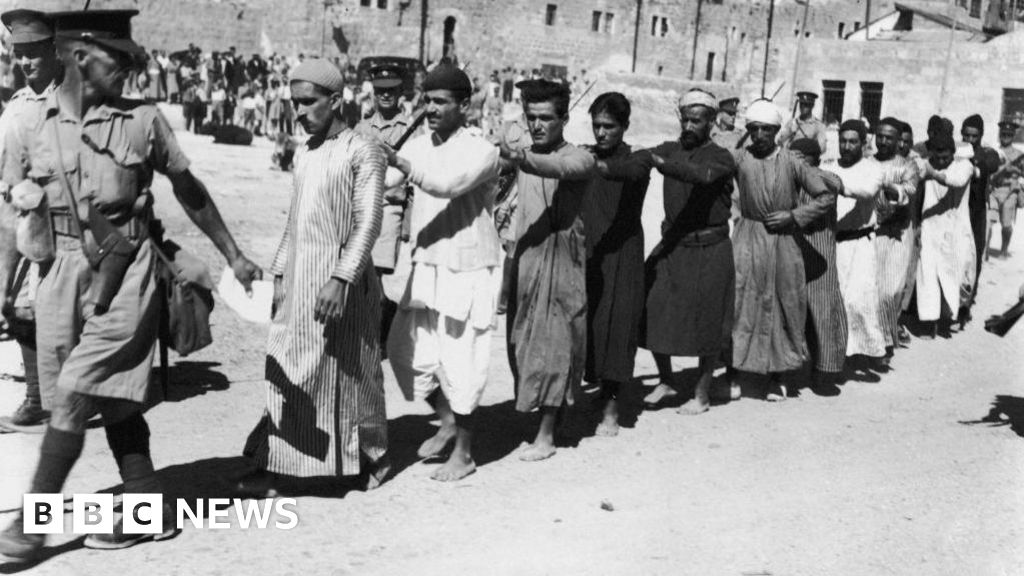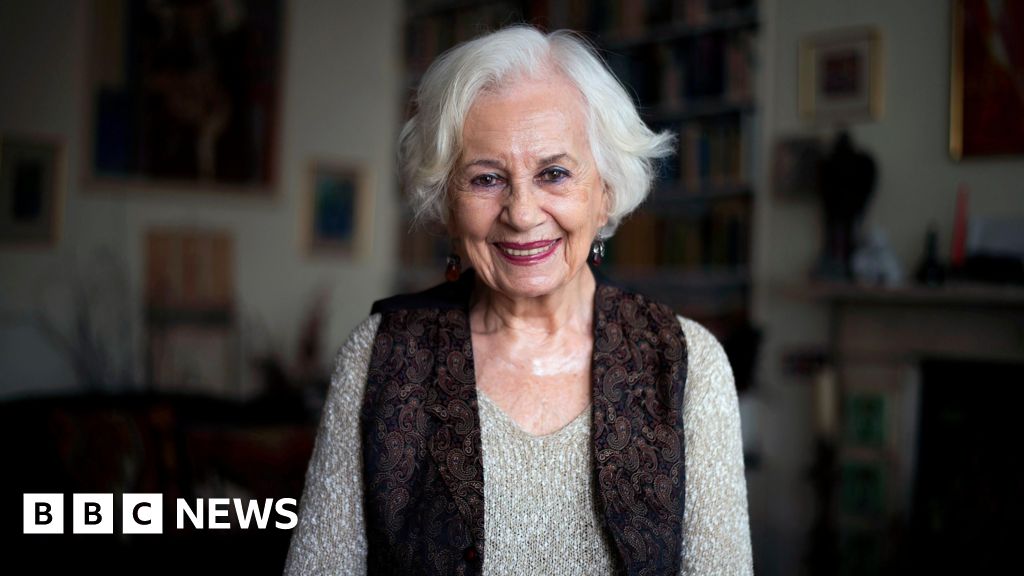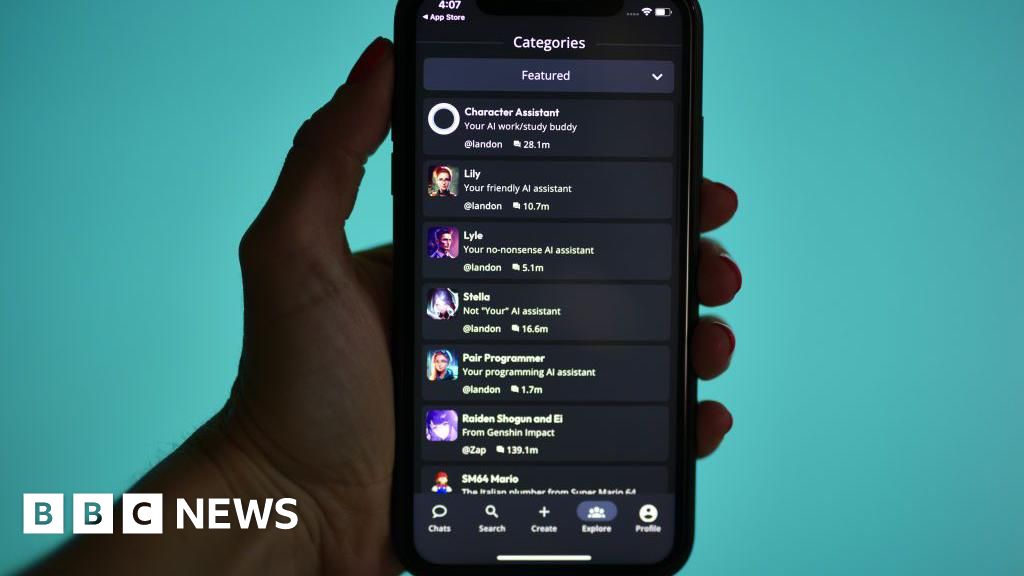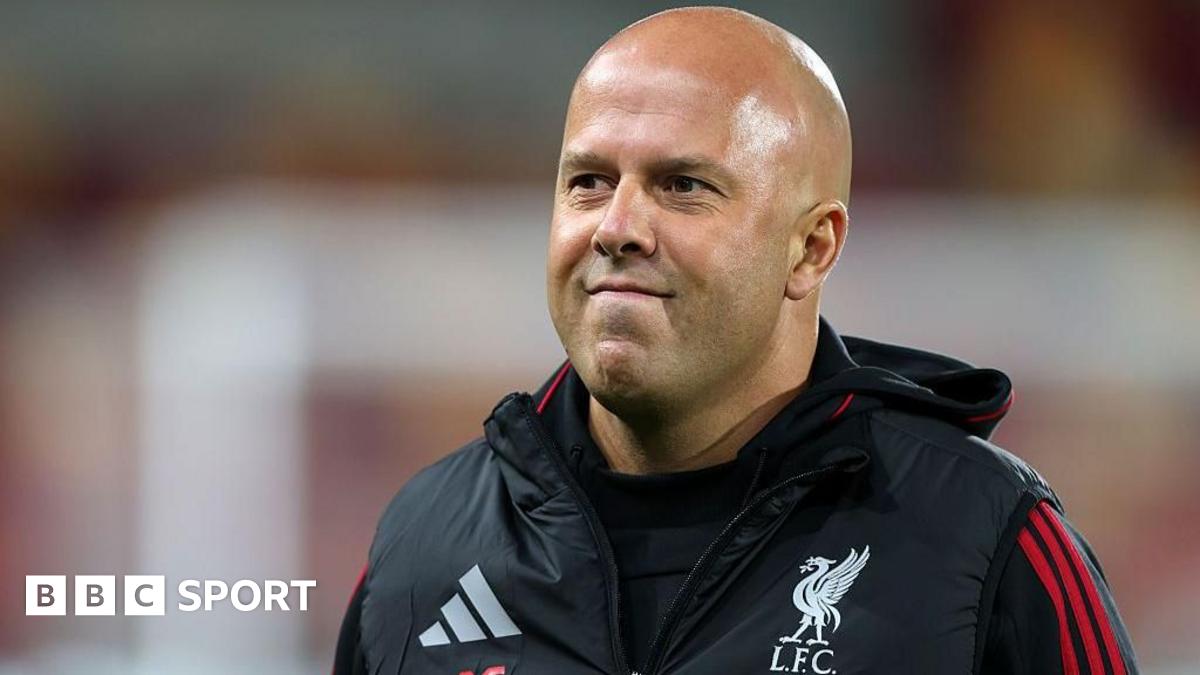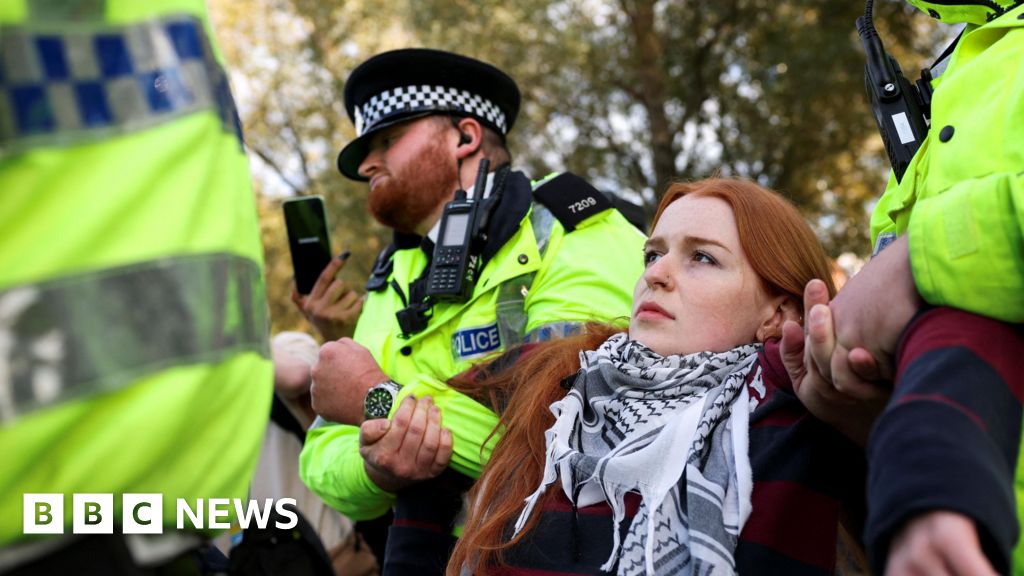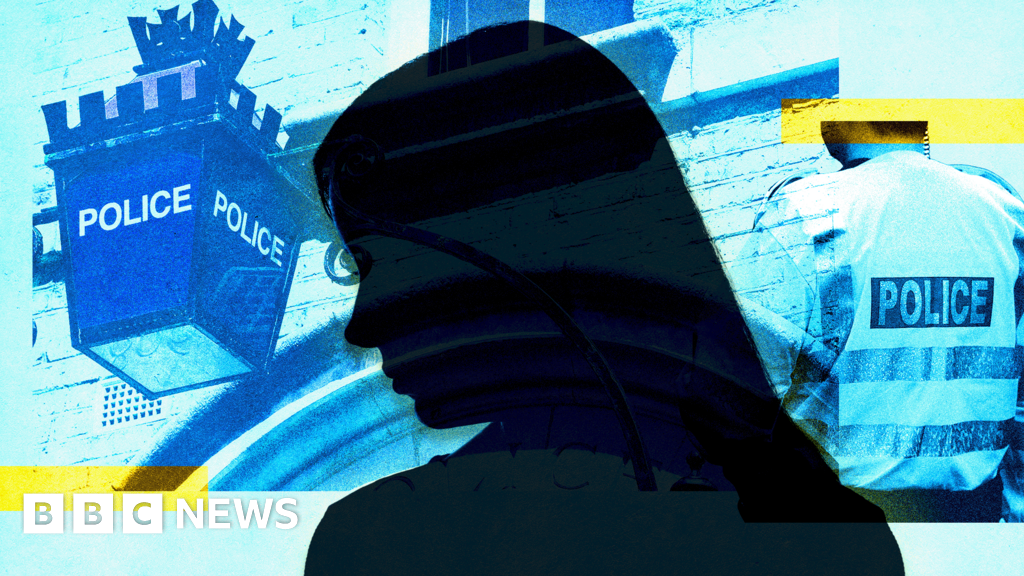Judith MoritzSpecial correspondent

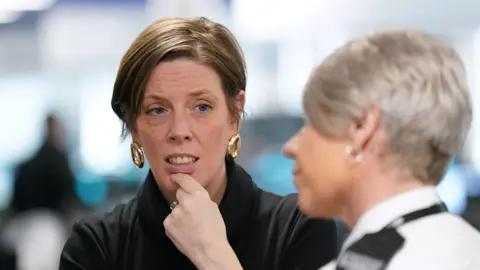 PA Wire
PA Wire
Safeguarding minister Jess Phillips is under pressure as a result of the national inquiry
The issue of grooming gangs in the UK has been a political hot potato for years, with particular sensitivities around ethnicity and race.
Despite a number of local reviews and the Independent Inquiry into Child Sexual Abuse - IICSA - it's widely accepted that no one has got to grips with the specific issue of grooming gangs.
So when Baroness Louise Casey recommended a national inquiry she said she wanted it to be a different kind to past proceedings.
Not an overarching judge-led process, but instead a series of local investigations, directed and overseen by a national commission with statutory powers.
Why then, do the wheels seem to be coming off before things have got going?
First of all, there's the issue of the inquiry's scope. The four survivors who've resigned from the consultation panel have all said they're concerned that its remit will be too wide. They're worried that it will extend beyond grooming gangs to examine other forms of child sexual abuse and exploitation.
The government has rebutted this strongly. Earlier this week Safeguarding Minister Jess Phillips wrote a letter to the Chair of the Home Affairs Select Committee in which she said, plainly, that it is "untrue" that "the government is seeking to dilute the focus of the inquiry… by expanding the scope beyond grooming gangs".
That triggered another round of anger from the four survivors who've resigned. They say it's Jess Phillips whose words are untrue. They wrote to the Home Secretary to say, "being publicly contradicted and dismissed by a government minister when you are a survivor telling the truth takes you right back to that feeling of not being believed all over again".
The four survivors are calling for Phillips to resign. A fifth survivor, Carly, who remains on the panel, has told the BBC that she also wants the safeguarding minister to go.
However, five other survivors have written to the prime minister and home secretary saying one of their conditions for remaining on the panel is that Phillips remains in her post.
Their joint letter says: "Jess Philips MP has remained impartial to the process, only listening to feedback, we want her to remain in position for the duration of the process for consistency."
The five women also say they want stronger confidentiality assurances for victims, and no re-entry to the panel if a person has decided to leave.
Additionally, they have said they would like all forms of Child Sexual Exploitation to be within the inquiry's scope – including but not exclusively grooming gangs.
So, what are the survivors who are resigning basing their position on?
The BBC has seen screenshots of the agenda of one of the meetings held between officials and survivors, as part of the pre-inquiry consultation process. Several "questions for reflection" are listed as up for discussion. Number three on the list is this: "Should the inquiry have an explicit focus on 'grooming gangs' or 'group-based CSEA', or take a broader approach?"
One survivor told me that she was angered that this question had even been posed.
The official terms of reference for the inquiry have not yet been set. That's something that can only happen once the chair has been appointed. But the survivors say that the recommendation for an inquiry into grooming gangs has been made precisely because the subject hasn't been looked at in isolation at a national level before. They are offended that the question of a 'broader approach' was put to them.
The BBC has also been shown screenshots of text messages sent between one survivor, Fiona Goddard, and Jess Phillips.
After that consultation meeting, with the agenda item about a 'broader approach', Fiona texted the minister to ask why the question had been included. She wrote, "This is being manipulated away from what it was supposed to be and its unfair".

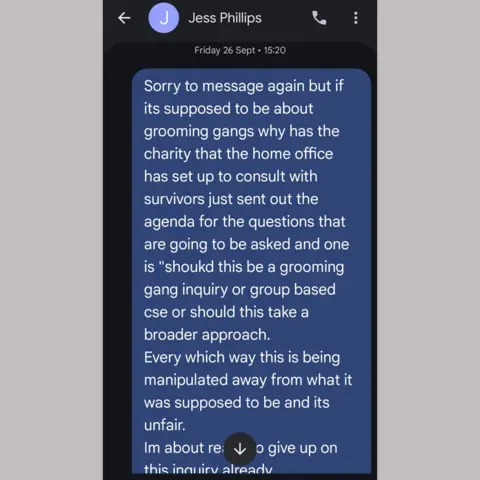 Fiona Goddard
Fiona Goddard
Jess Phillips replied via text to Fiona saying, "the reason for the question is because there have been differing views and we want you to be able to give a clear steer on what you want. I know it's hard to trust but I can promise you no one is trying to manipulate the response and it is my view that it is only a grooming gangs specific inquiry but it is not right for me to make that decision without it being formally consulted on."

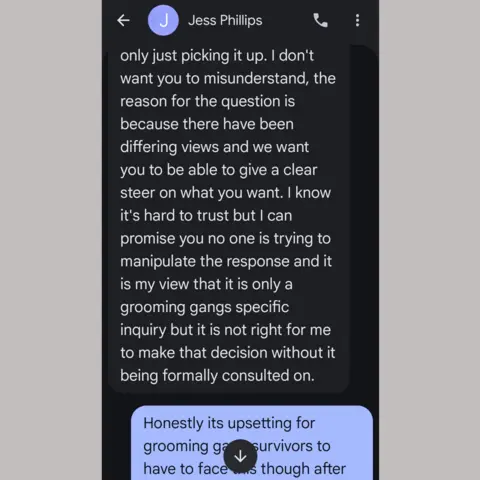 Fiona Goddard
Fiona Goddard
Away from the remit of the inquiry, there's also been dissent over who should be selected to act as its chairperson.
Contrary to Louise Casey's point of view, some survivors DO want a judge led inquiry - and have objected to the concept of a chair with a background in policing or social work.
They say such a career history is too close to home and could pose a conflict of interest, given that the police and social services are two of the agencies who've previously failed victims of grooming gangs.
But not all survivors feel like this.
Others have said that a chairperson who has worked in a related field could bring understanding and relevance to the post. They've also pointed out that the judiciary and courts have failed victims in the past – as have parts of the health, education, and social care systems.
In other words, it may be virtually impossible to find someone without a connection to one of the agencies of state which will fall under the microscope.
Even if a judge-led approach was to be taken, there's no guarantee of an easy road ahead.
There are uncomfortable reminders of the national Inquiry into child sexual abuse which went through three chairwomen, before the fourth - Prof Alexis Jay - took the reins.
The issues of picking a chair, and the scope of the inquiry aren't the only ones which survivors have complained about. Others say they have been asked to sign confidentiality agreements and have felt silenced by officials, which is an upsetting reminder of how they've been made to feel in the past, by other agencies.
But it's hard to get a handle on how widespread this feeling is.
So far, the four survivors who've resigned have all been vocal about their reasons. Others, who've chosen to stay on board with the inquiry have also spoken out.
Some survivors have waived their right to anonymity and have gained a degree of profile as a result. Others have chosen not to. It's difficult to know how representative of the general feeling their comments are – and whether there is a majority consensus amongst survivors.
My experience of following a range of different public inquiries is that it's rarely the case that all victims and survivors have the same perspective.
The test of this inquiry will be whether it can find its feet whilst retaining the confidence of all of the very people who've been calling for it for so many years.

 2 months ago
70
2 months ago
70
